
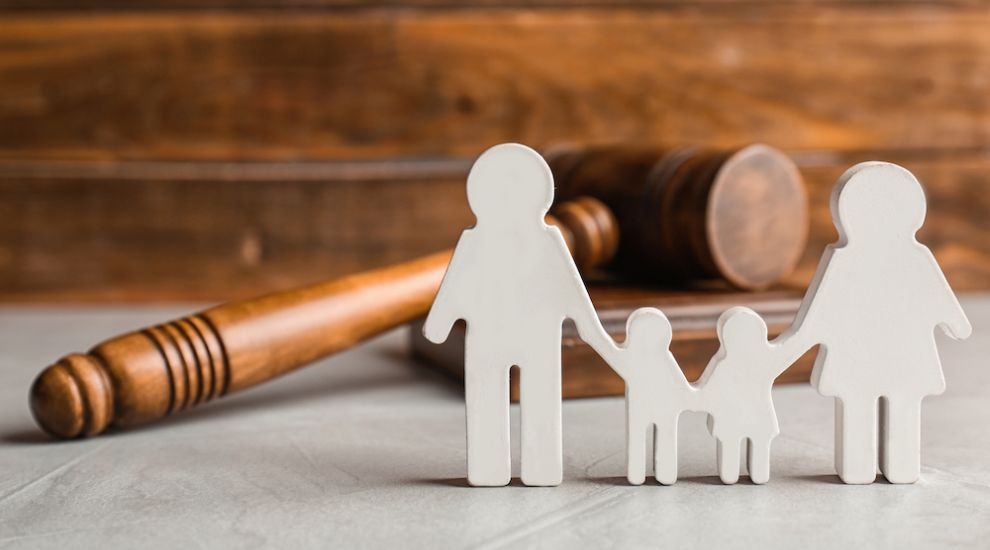

25 Adoption Orders have been granted by Guernsey’s courts over the last five years, with social services explaining to Express that they are used to give youngsters “a fresh start as permanent members of new families, enjoying a sense of security and well-being so far denied to them in their young lives".
We launched an investigation into adoption, how it works in Guernsey, and how often it is enforced against the will of biological parents after signs appeared in St Peter Port earlier this year decrying the practice of ‘forced adoptions’.
This investigation led to the States confirming that each of the 25 children adopted in Guernsey over the past five years were subject to Community Parenting Orders, after it was decided that the biological parents were either unwilling or unable to care for the child themselves for a variety of reasons. Those reasons and the identity of all of the children and adults involved are confidential.
The posters first appeared around town in early March 2023 – calling for a ‘stop to forced adoption’. The posters also said ‘parents need support not separation’.
Express has communicated at length via email with two people who said they were responsible for those posters, and both wanted to highlight what happens in Guernsey.
The term used in the posters - ‘forced adoption’ - is not recognised in law in Guernsey, or by social workers working in the island.
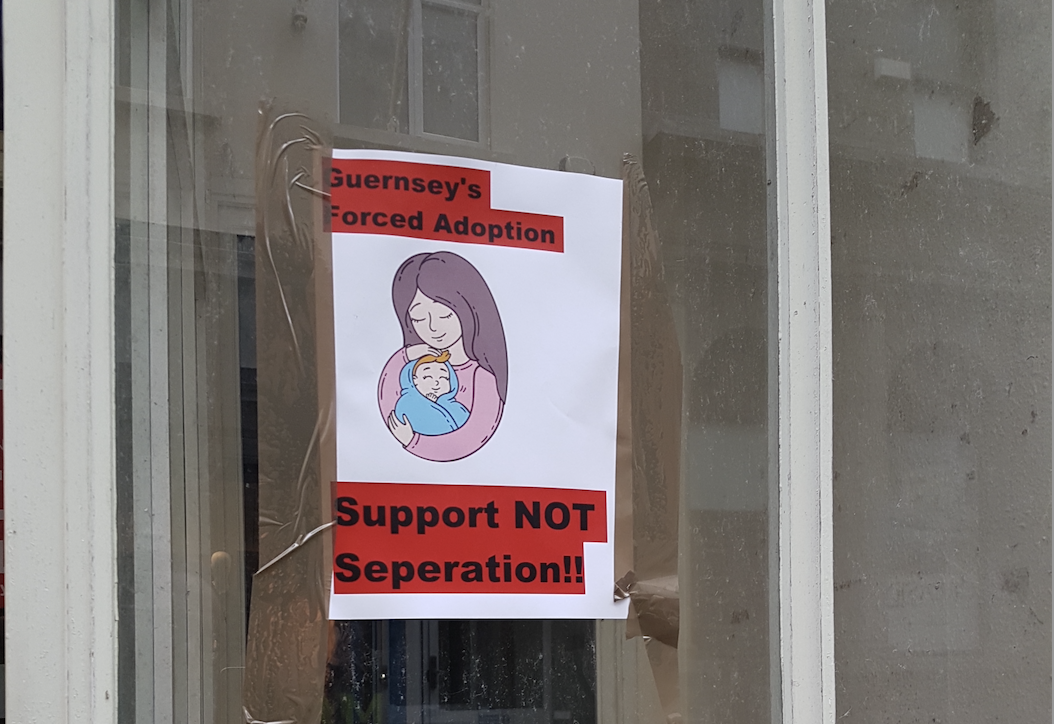
Pictured: These posters were put up around St Peter Port earlier this year.
Historically the term ‘forced adoption’ was used in reference to the practice of removing babies born to unmarried mothers, or very young mothers, often against their will. It has strong links with religious organisations including churches in England and Ireland.
There are records of babies being removed from parents as recently as the 1970s with a Sky News report from last year stating that “around 185,000 children were taken away from their unmarried mothers and adopted between 1949 and 1976 in England and Wales”.
Labour MP Harriet Harman has called for the UK Government to apologise to ‘victims’ of forced adoption, and in April this year, the Welsh Government apologised to those involved in “immoral forced adoptions” in the 1950s, 60s, and 70s.
The term 'forced adoption' should not be confused with a Community Parenting Order.
Under the Children (Guernsey and Alderney) Law 2008, the islands' Courts can make a Community Parenting Order.
That only occurs when the Court is satisfied that there is no reasonable prospect of the child's parents, or any other member of the child's family, being able, and willing, to provide adequate care, protection, guidance and control for the child.
In the making of an Adoption Order - which will follow a Community Parenting Order - the Court "must be satisfied that every person whose consent is necessary under this Law, and whose consent is not dispensed with, has consented to and understands the nature and effect of the adoption order".
Adoption Orders must only be made for the welfare of the child, and no money can change hands nor be promised to the birth parents or adoptive parents by the other.
Of the 25 adoption orders sought and granted in Guernsey over the five years to May 2023 HSC was unable to provide statistics on the number of applications - if any - that were opposed by birth parents or any other individual or authority.
It has been confirmed that each of the 25 adoptions processed in Guernsey over the past five years were based on court orders and not instigated by the biological parent/s themselves.
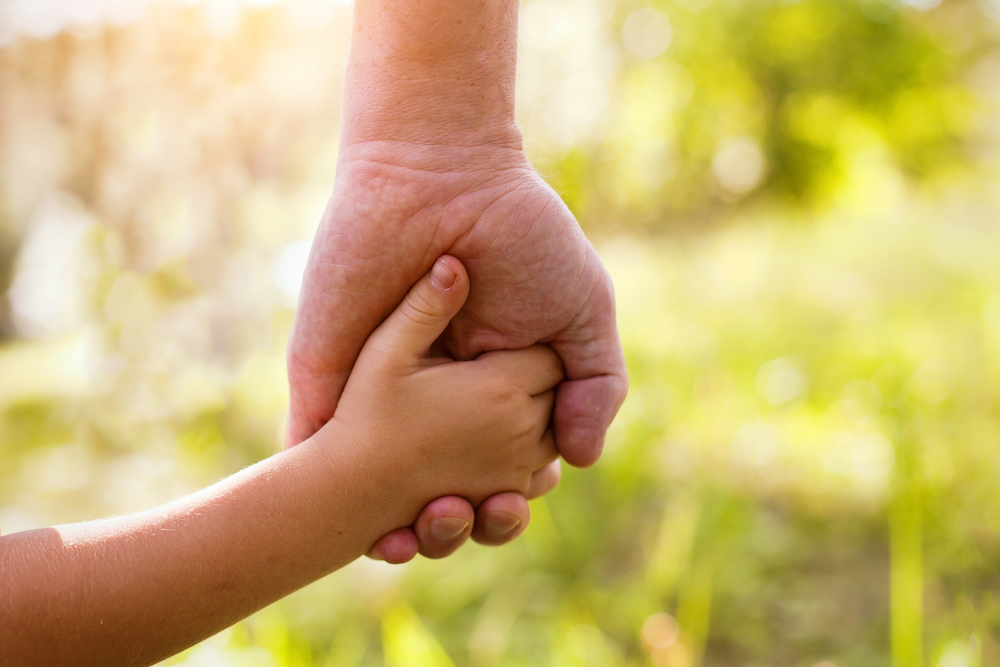
Pictured: Adoption Orders must meet certain criteria before being enforced.
An individual who has gone through the process of a Community Parenting Order told Express how an 'independent assessment' was carried out ahead of the decision to make an Adoption Order for their child.
They told Express how they had previously struggled with their mental health and continued to struggle with other personal traumas, all of which combined to mean they had been classified as 'vulnerable'.
They had been treated at the Oberlands for their mental health difficulties previously and had supervised contact sessions with their children, while being supported by a social worker and other professionals.
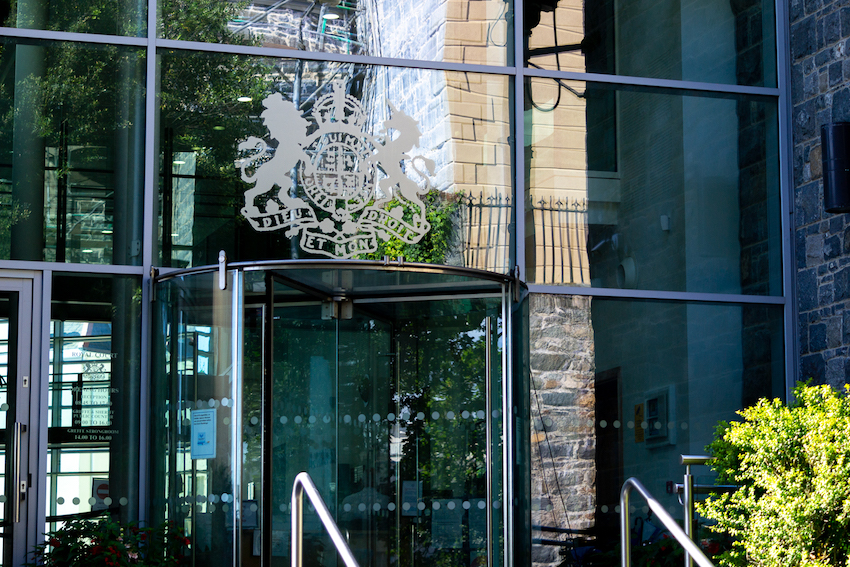
Pictured: Adoption Orders are processed through Guernsey's courts.
The parent told Express that they were surprised when a social worker informed them that their child was to be fostered.
"This again had a significant impact on my mental health. I had tried my hardest but was again hitting brick walls in every situation," they said.
The parent claims that the independent assessment which was carried out on them prior to the decision to have their child fostered was flawed. They believe previous assessments were shared with the individual doing the final assessment before the decision to foster was made.
"The problems I have with this are that this assessment was not independent, when social services are sending the previous one to the person doing the new assessment. It introduces pre-conceived ideas; it’s not able to show the changes and progress I have made for myself and my (child).
"As a service they should be supporting me and my (child), instead it is like one big fight."
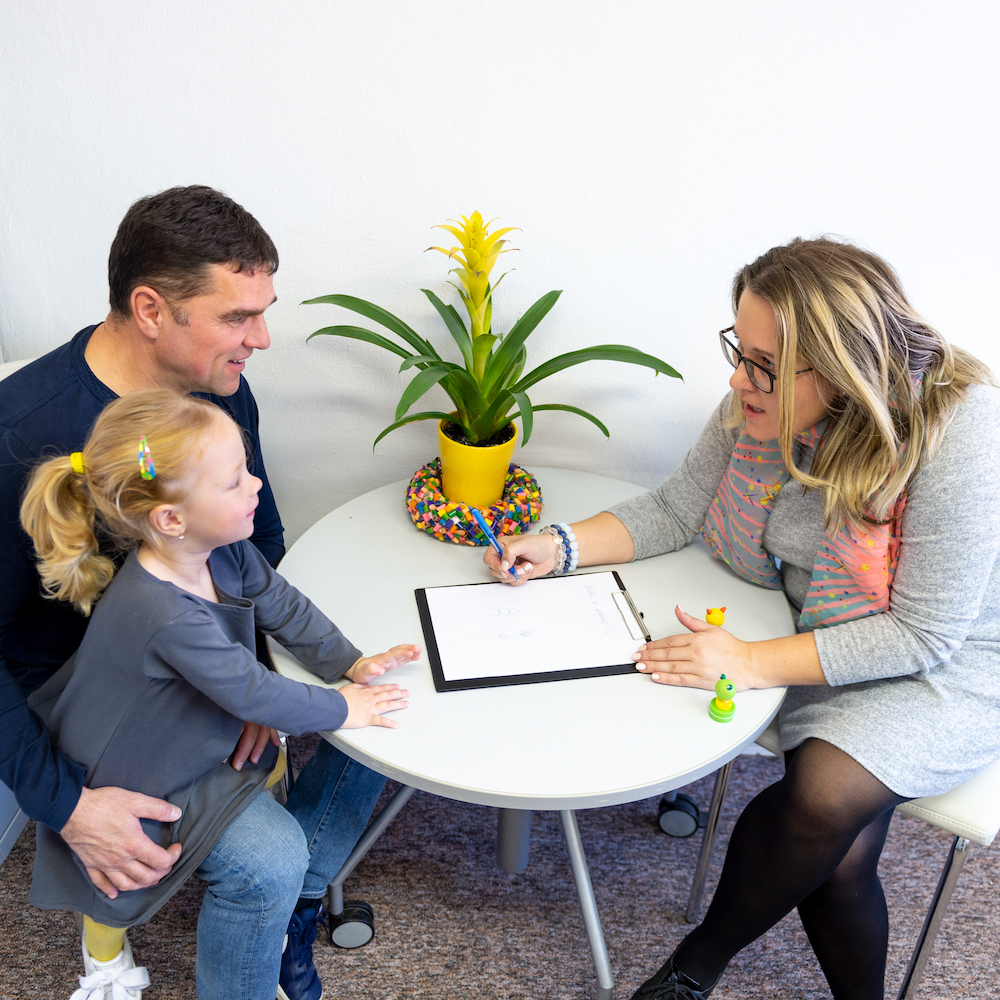
Pictured: A social worker is 'a trained professional who works with all types of vulnerable people, groups, and communities to help them learn to live better lives'.
The parent told Express that they felt a lack of wider support for their mental health issues had impacted on the perception of their ability to raise their child.
"I have every right as a human to show change and growth, to show I can be a (parent) and I should have been offered more support to help with the previous trauma I have had to experience. I understand fully any bad decisions I have made, but I am human and all I can do is try to change that for the future."
While giving details of their own individual circumstances, the parent said they "believe the way this whole case has been handled is wrong". Due to the sensitive nature, and the legally protected anonymity afforded to the children and their parents, the States were unable to comment specifically on any case which has either already gone through the courts or will in future. However, a spokesperson for Health and Social Care offered some clarity on how Adoption Orders are enforced.
"There is strict criteria under the Adoption (Guernsey) Law 1960 which stipulates the circumstances under which birth parents’ consent can be dispensed with.
"These are lengthy and considered Court Proceedings whereby birth parents are legally represented and able to actively contest the Order being applied for."
The Adoption (Guernsey and Alderney) Law 2008 allows the courts to "make a Community Parenting Order where they are satisfied that there is no reasonable prospect of the child's parents, or any other member of the child's family, being able, and willing, to provide adequate care, protection, guidance and control for the child. The Court cannot make a Community Parenting Order unless it has first approved the contents of a child’s plan for the child. For a young child in need of stability and security into maturity, the plan can be Adoption.
"In the making of an Adoption Order the Court must be satisfied that every person whose consent is necessary under this Law, and whose consent is not dispensed with, has consented to and understands the nature and effect of the adoption order for which application is made, that the order if made will be for the welfare of the infant; and that the applicant has not received or agreed to receive, and that no person has made or given or agreed to make or give to the applicant, any payment or other reward."

Pictured: The parent who spoke to Express about their experiences of Adoption Orders said they did not feel supported through the process to enable them to maintain care of or contact with their child.
In response to some of the claims made by the parent who shared their experiences with Express, we asked HSC what support is offered to the birth parents involved in Adoption Orders.
HSC said that the child's long term prospects are the priority in all cases where Adoption Orders are sought, and that "the Family Bar is skilled and experienced in representing parents in what can be emotionally charged court proceedings".
"Adoption is a very significant interference with family life, and the independent judiciary carefully assesses each and every adoption application to investigate the views and consent of the child’s parents and to ensure that an adoption order is only made if it is for the welfare of the child," the HSC spokesperson explained.
"Adoption provides an important service for children adopted from care, offering a positive and beneficial outcome. Research shows that generally adopted children make very good progress through their childhood and into adulthood and do considerably better than children who have remained in the care system throughout most of their childhood. Adoption provides children with a unique opportunity for a fresh start as permanent members of new families, enjoying a sense of security and well-being so far denied them in their young lives."
HSC confirmed that adoption is usually the plan for younger children, while older children are usually fostered. Children can be adopted up to the age of 17 although it is unusual for older children to be adopted.
HSC also said there is no discernible pattern in the age of the birth parents whose children are recommended for Adoption Orders.

Pictured: Adoption laws have been changed in recent years to enable same sex couples to adopt as well as heterosexual couples.
The Bailiwick's laws around adoption have been changed over the past few decades as social expectations have changed. Under amendments made to the law in 2017, the right to adopt applies equally to couples and single people, any married couple or pair in a civil partnership, and to 'couples who are not married nor civil partners but who are living together in an enduring family relationship, whether they are of different sexes or the same sex.’
When an adoption goes through court it is usually dealt with by the Ordinary Division of the Royal Court. Hearings are held in private before a qualified judge of law sitting with three Jurats.
If deemed appropriate, the Court can make the child a party to the proceedings and appoint an Advocate to act for them, which would then usually be funded by the Guernsey Legal Aid Board. The birth parents can appoint an Advocate of their choice or represent themselves.
The spokesperson for HSC said "the Court encourages parents to be legally represented in adoption applications and if a parent is not represented the Court will endeavour to ensure that the parent participates fully in the hearing and that their right to a fair hearing is respected. Legal Aid may be available for birth parents who are respondents to an application for an adoption order".
It is difficult to compare statistics for such a sensitive issue as adoption with other jurisdictions as Guernsey is so unique in many ways.
Looking at the statistics for Adoption Orders in the UK, it seems there is some similarity between the numbers issued compared to Guernsey, though they may be skewed by the differences in size.
Looking at 2001 - a year which is covered within the statistics provided to Express, stating that 25 Adoption Orders were issued over the past five years - fewer than 1% of all births in the UK or Guernsey led to an Adoption Order being processed. Not all Adoption Orders will be processed within the child's newborn stage of life but most do occur when an infant is young.
In the UK in 2001 the population was around 67million, while in Guernsey it was around 63,000.
There were 1,360 Adoption Orders in the UK in 2001 and 5 in Guernsey.
That equates to 0.00202% of the UK's babies being placed under an Adoption Order compared to 0.0079% of Guernsey's.
Comments
Comments on this story express the views of the commentator only, not Bailiwick Publishing. We are unable to guarantee the accuracy of any of those comments.